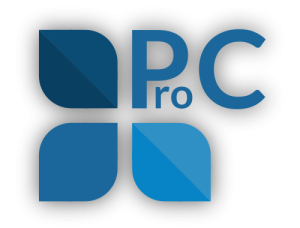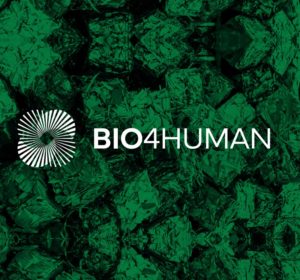From Analyses to Recommendations – A Summary of the Contribution to the Bio4HUMAN Project So Far
The first 20 months of executing the “Bio4HUMAN – Identifying bio-based solutions for waste management applicable to the humanitarian sector” project was a very intensive time for PRO CIVIS Foundation, as the Team of our Experts was the leading force behind four important areas of work.
In the timeframe form July 2024 to August 2025 PRO CIVIS Foundation was responsible for preparing and delivering the following analysis and documents:
- Setting the scope of potential bio-based innovative technological solutions and bio-based systems. The goal of this introductory material was to provide greater conceptual clarity about the cross-cutting nature of the bioeconomy, as a paradigm encompassing multiple sectors and to present the models of the existing value chains within the bioeconomy subsectors, as their settings could be an area for introducing innovative and sustainable approaches benefiting the humanitarian purpose.
This internal report provided the needed background and understanding about the role of solid waste management in the much brighter scope of bioeconomy and circular economy. The characterizations and definitions of bio-based products and bio-based technologies, as well as examples of potentially Bio4HUMAN applicable bio-based innovations, set the right framework for starting and conducting the scoping for bio-based solutions potentially relevant to waste in humanitarian context.
- List of bio-based solutions which could respond to the needs and expectations of the humanitarian actors and the beneficiaries of humanitarian actions.
The catalogues of scoped and presented bio-based solutions are far-reaching and diverse. The list of bio-based solutions includes products that: a) utilise renewable raw materials, b) combine bio-based feedstock and waste, c) utilise bioplastics, d) combine bio-based feedstock with recycled materials, and e) utilise polysaccharides obtained from renewable sources. Most of the products are compostable and/or biodegradable.
On the technology side, there are solutions that are: a) able to utilize fibrous and non-fibrous feedstock, including vegetable waste and animal excrements, and b) offer the possibility of recycling plastic waste. The technologies are mostly suitable for rural and remote areas, with some of them adaptable also to the needs of urban communities.
The creation of the list of bio-based solutions set the important stage for the final result of around 10 bio-based solutions properly assessed, evaluated and recommended by the Bio4HUMAN for market uptake to be delivered by the Project’s Consortium by the end of the project.
- Identification of supply chains gaps in solid waste management system for humanitarian action and the resulting Gap Analysis Report.
This task aimed at focusing on the identification of gaps and the areas for innovative approaches.
A comprehensive set of challenges was identified and analysed. Each challenge was evaluated across key dimensions to assess its scope and impact: Resource Availability, Technology for SWM, Supply Chain Efficiency, Stakeholder, Engagement, Environmental sustainability and policy alignment, and Community Needs. These dimensions, which were derived from Project objectives and stakeholders’ inputs, ensured a holistic evaluation tailored to the humanitarian context.
- The Mid – term Policy Brief, with the aim to contribute with the policy recommendations to the efficient and successful implementation of bio–based solutions into the systems of solid waste management in humanitarian settings. The recommendations have been divided and presented from three main perspectives: 1) the perspective of countries constituting humanitarian settings; 2) the perspective of the humanitarian organisations and humanitarian supply chains; and 3) the perspective of the bioeconomy sector and the providers of bio-based solutions.
All the works have been strongly and substantively encouraged by all the Consortium partners, i.e. Enspire Science Ltd (Israel), ITENE – Instituto Tecnologico del Embalaje, Transporte y Logistica (Spain), Universidad de Cantabria (Spain), People In Need (Czech Republic), WeLOOP (France), Irish Bioeconomy Foundation (Ireland), Polish Humanitarian Action (Poland), AIMPLAS – Asociacion de Investigacion de Materiales Plasticos y Conexas (Spain) and BioEast Hub CR z. u. (Czech Republic).
The public deliverables form point 2) to 4) above are to be found at: https://bio4human.eu/resources/
While participating in the ongoing Bio4HUMAN tasks, the PRO CIVIS Foundation Team will in the following months take the lead in preparing the “Multi – factor SWOT analysis” to be carried out in the context of the bio-based products and bio-based systems’ ability to accelerate the transition towards a sustainable, regenerative, inclusive, just, and clean circular economy and bioeconomy by deploying the products and systems in the humanitarian aid settings.


